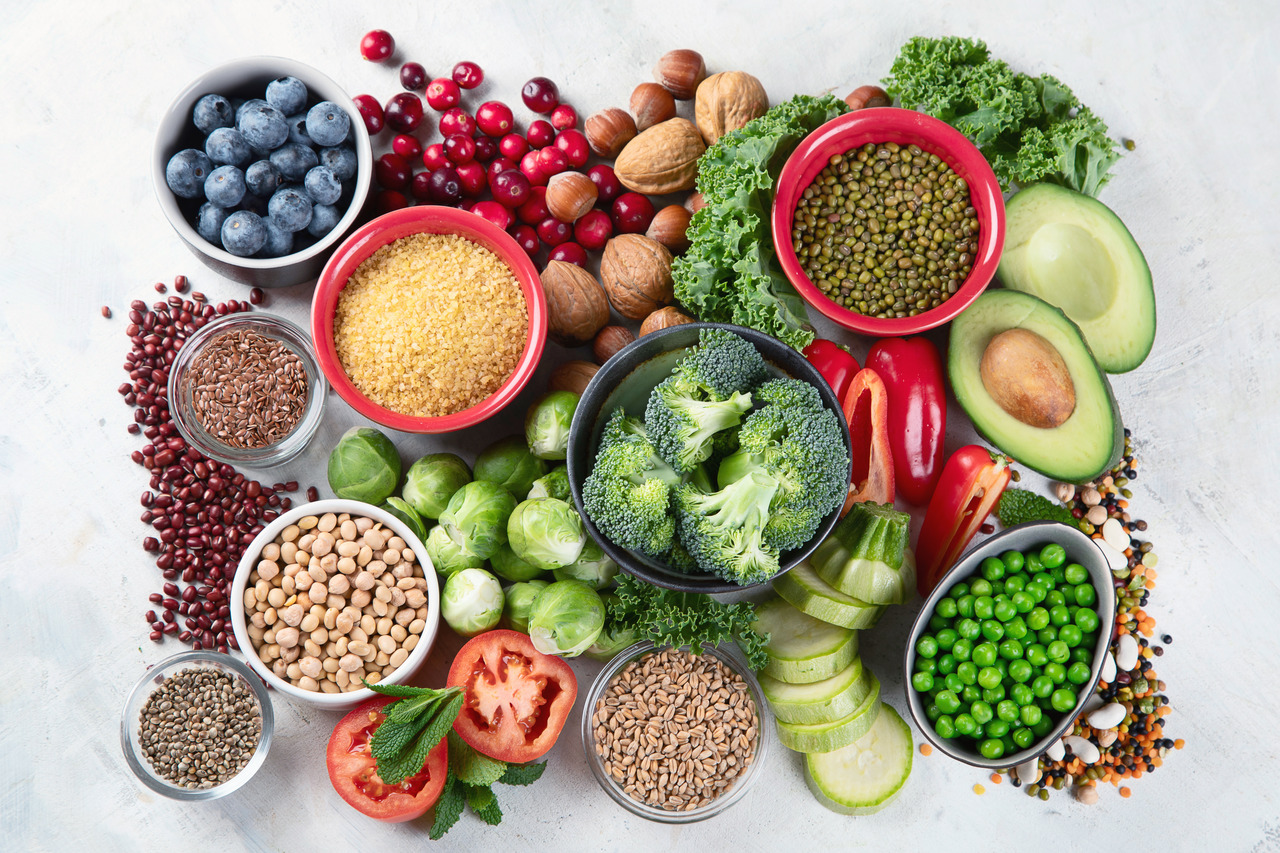Introduction:
Fiber is an essential component of a healthy diet, yet it is often overlooked and undervalued. Many people are unaware of the numerous health benefits that come with consuming an adequate amount of dietary fiber. In this comprehensive guide, we will explore why fiber is good for you and how it can positively impact your overall well-being. From promoting digestive health to aiding weight management, fiber is a crucial nutrient that should be incorporated into your daily dietary routine.
What is Fiber?
Fiber, also known as roughage, is a type of carbohydrate found in plant-based foods. Unlike other carbohydrates, fiber cannot be digested by the human body. Instead, it passes through the digestive system largely intact, providing a range of health benefits. There are two main types of fiber: soluble and insoluble. Soluble fiber dissolves in water and forms a gel-like substance, while insoluble fiber adds bulk to the stool. Both types of fiber play important roles in maintaining a healthy body.
Promotes Digestive Health:
One of the primary benefits of fiber is its positive impact on digestive health. Fiber helps regulate bowel movements and prevents constipation by adding bulk to the stool and promoting regularity. It also aids in the prevention of hemorrhoids and diverticulosis, a condition characterized by the formation of small pouches in the colon. Additionally, a high-fiber diet has been linked to a reduced risk of developing gastrointestinal disorders, such as irritable bowel syndrome (IBS) and colon cancer.
Controls Blood Sugar Levels:
For individuals with diabetes or those at risk of developing the condition, fiber can be particularly beneficial. Soluble fiber, in particular, helps slow down the absorption of sugar, which leads to more stable blood sugar levels. By regulating blood glucose levels, fiber can help prevent sudden spikes and crashes in energy, reducing the risk of developing type 2 diabetes and aiding in its management.
Lowers Cholesterol Levels:
Another significant benefit of fiber is its ability to lower cholesterol levels, specifically low-density lipoprotein (LDL) cholesterol, also known as “bad” cholesterol. Soluble fiber binds to cholesterol in the digestive system, preventing its absorption into the bloodstream. By reducing LDL cholesterol levels, fiber helps promote heart health and reduces the risk of developing cardiovascular diseases, such as heart attacks and strokes.
Aids in Weight Management:
If you’re looking to manage your weight, fiber can be an invaluable tool. High-fiber foods are typically low in calories but high in volume, meaning they can help you feel full and satisfied with fewer calories. Additionally, fiber takes longer to chew and digest, prolonging the feeling of fullness. By incorporating fiber-rich foods into your meals, you can curb overeating, reduce calorie intake, and maintain a healthy weight.
Supports Healthy Gut Bacteria:
Fiber acts as a prebiotic, providing nourishment for the beneficial bacteria residing in your gut. These bacteria play a crucial role in maintaining a healthy digestive system, supporting immune function, and even influencing mental health. By consuming an adequate amount of fiber, you can promote the growth of beneficial gut bacteria, which contributes to overall well-being.
Reduces the Risk of Chronic Diseases:
A diet rich in fiber has been associated with a reduced risk of several chronic diseases. Apart from cardiovascular diseases and diabetes, fiber has been linked to a decreased risk of obesity, certain types of cancer (such as colorectal cancer), and even mental health conditions like depression and anxiety. While fiber alone cannot prevent these diseases, its inclusion in a balanced diet can be a valuable preventive measure.
How to Incorporate Fiber into Your Diet:
Now that you understand the importance of fiber, you may be wondering how to incorporate it into your daily diet. Here are some practical tips:
Increase fruit and vegetable intake: Fruits and vegetables are excellent sources of fiber. Aim to consume a variety of colorful produce to maximize your fiber intake.
Choose whole grains: Opt for whole grain bread, pasta, and cereals instead of refined grains. Whole grains retain their fiber content and offer more nutritional value.
Snack on nuts and seeds: Nuts and seeds, such as almonds, chia seeds, and flaxseeds, are not only a great source of healthy fats but also provide a significant amount of fiber.
Legumes and beans: Incorporate lentils, chickpeas, black beans, and other legumes into your meals. They are rich in both soluble and insoluble fiber.
Read food labels: When shopping for packaged foods, read the labels and choose options that contain higher amounts of fiber. Look for terms like “whole grain” or “high fiber” on the packaging.
Conclusion:
Fiber is an essential nutrient that offers a range of health benefits. From promoting digestive health to aiding weight management and reducing the risk of chronic diseases, fiber plays a crucial role in maintaining overall well-being. By incorporating fiber-rich foods into your daily diet, you can enjoy these benefits and support your long-term health. So, make sure to embrace the crunchy truth of fiber and give your body the nourishment it deserves.
- Indulge in Relaxation: A Fun Review of Just CBD’s Bath Bombs, Lotions, and Oils - September 16, 2024
- Where Can I Buy THC-H TINCTURE - July 22, 2023
- Why Is Fiber Good for You? The Crunchy Truth - July 17, 2023

